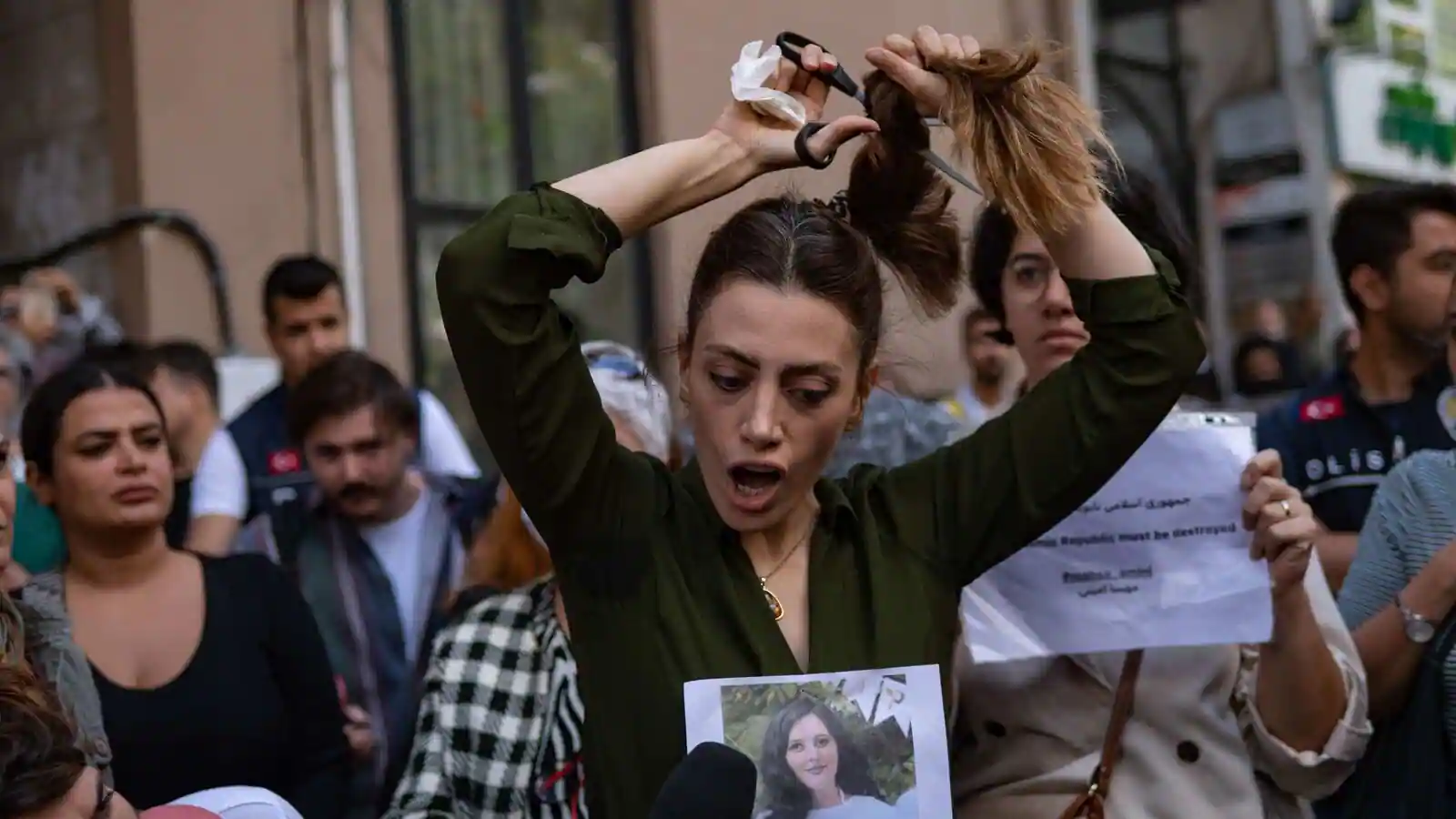Nigeria News
Iran: Morality Police Officially Abolished

Iran’s attorney general has announced that the morality police have officially been abolished in the country, where protests recently took place after the death of a young Kurd following her arrest by religious police.
Responding to a question from a participant who asked him “why the morality police were abolished” at a religious conference on the evening of December 3 in the holy city of Qom, Attorney General Mohammad Jafar Montazeri said that it had been “abolished by those who created it”.
This announcement, reported on December 4 by the Isna news agency, came after the authorities decided to revise a 1983 law on the compulsory wearing of the veil in Iran, imposed four years after the Islamic revolution of 1979.
The vice police, known as the Gasht-e Ershad (guidance patrols), were created under conservative President Mahmoud Ahmadinejad to “spread the culture of decency and hijab”. It is made up of men wearing green uniforms and women wearing black chador covering the head and upper body. This unit began its first patrols in 2006.
It was the morality police who arrested Mahsa Amini, a 22-year-old Iranian Kurd, in Tehran on September 13, accusing her of not respecting the strict dress code in the Islamic Republic, which requires women to wear the veil in the audience. His death was announced three days later, triggering a large protest movement. Tehran had denied any link between his death and the arrest, without convincing the protesters.
Dozens of people, mainly demonstrators but also members of the security forces, were killed and hundreds of others were arrested during these protest rallies, described as “riots” by the authorities.
The authorities are looking into the law on the veil
Attorney General Mohammad Jafar Montazeri also announced that parliament and the judiciary were working on the issue of compulsory veiling without specifying what could be changed in the law.
This is a sensitive issue in Iran, on which two camps clash: that of the conservatives who brace themselves on the 1983 law and that of the progressives who want to leave women the right to choose to wear it. or not.
According to the law in force since 1983, Iranian and foreign women must wear a veil and lose clothing in public regardless of their religion.
Since the death of Mahsa Amini and the protests that followed, many women are baring their heads, especially in the upscale north of Tehran. On September 24, a week after the protests began, Iran’s main reform party urged the state to rescind the veil requirement.
